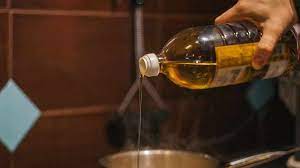In order to uphold a clean and safe environment, proper disposal of cooking oil and kitchen waste is of utmost importance. The incorrect management of cooking oil can have severe consequences on our water supply and contribute to the formation of fatbergs, which pose significant challenges to sewerage systems.
This article aims to equip kitchen managers with valuable information on the optimal management of cooking oil waste, while also shedding light on the regulations surrounding its disposal. Furthermore, we will delve into the concept of fatbergs and their detrimental impact on sewerage systems.
When it comes to comprehensive food waste management services, you can rely on the expertise and support of Great Western Recycling. With more than three decades of working with hospitality waste, we are the leading waste management service across the UK.
What is a Fatberg?
- The Formation of Fatbergs
A Recipe for Disaster A fatberg is an amalgamation of fats, oils, grease, and non-biodegradable materials that accumulate within sewer systems, presenting a substantial menace. These blockages pose a grave concern for water authorities and inflict severe damage upon vital infrastructure. The root cause of fatberg formation lies in the improper disposal of cooking oil, grease, and other solid materials through sinks and drains. Over time, the combination of fats and non-biodegradable items solidifies, culminating in the creation of colossal obstructions within sewer networks.
- The Astronomical Costs of Fatberg Removal
The eradication process demands significant financial resources, posing a burden on water authorities and local budgets alike. The intricate and labour-intensive procedures involved, such as manual excavation or high-pressure jetting, drive up the costs even further. The astronomical price tags attached to fatberg removal highlight the urgent need for preventive measures to curtail their formation.
- Catastrophic Consequences
A Nightmare for Sewer Systems Fatbergs unleash a series of catastrophic consequences upon sewer systems, exacerbating existing concerns. As these colossal masses obstruct the flow of wastewater, they instigate sewer backups, flooding, and sewage spills. The repercussions are dire, leading to contamination of water sources, endangering public health, and posing significant environmental hazards. Moreover, the substantial strain imposed on sewer infrastructure demands extensive repairs and restoration, compounding the financial burden.
How to Dispose of Kitchen Oil:
Proper disposal of kitchen oil is crucial to prevent environmental pollution and ensure the smooth functioning of sewerage systems. Here are some effective ways to dispose of kitchen oil:
Recycling: Recycling used cooking oil is an environmentally friendly option. Many recycling centres and biodiesel production facilities accept used cooking oil for processing. Ensure that the oil is stored in a leak-proof container and take it to a designated recycling facility in your area.
Solidification: Allow the used cooking oil to cool down and solidify. Once solid, place it in a sealed container and dispose of it in your regular trash bin. This method is suitable for small quantities of oil.
Grease Traps: If you work in a commercial kitchen, you may have a grease trap installed. Grease traps capture kitchen oil and grease before they enter the sewerage system. Regularly clean and maintain your grease trap to prevent blockages.
Discover how restaurants can reduce their waste here. >

UK Law on Commercial Kitchen Oil Disposal: Ensuring Compliance and Environmental Responsibility
The Environmental Protection Act 1990 mandates proper waste disposal, including used cooking oil, for businesses.
The Control of Pollution (Oil Storage) (England) Regulations 2001 sets requirements for safe oil storage in commercial establishments.
The Water Resources Act 1991 prohibits the discharge of harmful substances, such as cooking oil, into watercourses.
The Sewerage (Trade Effluent) Regulations 1999 govern the disposal of trade effluent, including kitchen waste, into public sewers.
Local water companies provide guidelines for the proper disposal of cooking oil.
Compliance with these regulations is crucial to avoid fines, legal action, and environmental harm. Businesses should take steps to responsibly manage used cooking oil and seek guidance from reputable waste management services like Great Western Recycling.
Proper Disposal of Other Kitchen Waste:
Apart from cooking oil, proper disposal of other kitchen waste is equally important. Here are some guidelines to help you manage kitchen waste responsibly:
Food Waste: Separate food waste from other types of waste. Compost organic food waste whenever possible. If composting is not feasible, ensure it is disposed of in designated organic waste bins.
Packaging Waste: Properly segregate and recycle packaging materials such as cardboard, plastic, and glass. Implement a recycling system in your kitchen to ensure proper waste sorting.
Non-Recyclable Waste: Some kitchen waste, such as plastic wrap and Styrofoam, may not be recyclable. Dispose of these items in the general waste bin, but try to minimise their use by opting for eco-friendly alternatives whenever possible.
Take a look at our guide to waste disposal to better understand the process here. >
The Environmental Impact of Improper Cooking Oil Disposal
Improper disposal of cooking oil can have significant environmental consequences. When poured down drains, cooking oil enters the sewer system and can cause blockages, leading to sewage backups and overflows. The release of cooking oil into water bodies can also harm aquatic life by reducing oxygen levels and creating a layer on the water’s surface that blocks sunlight. Furthermore, the decomposition of cooking oil in landfills can release methane, a potent greenhouse gas that contributes to climate change. Proper disposal of cooking oil is crucial to mitigate these environmental impacts.
Explore the ways in which you can achieve zero waste to landfill here. >
Alternatives to Disposing of Cooking Oil
In addition to proper disposal methods, there are alternatives to consider when it comes to managing cooking oil waste:
Reuse: If the cooking oil is still in good condition, it can be reused for cooking purposes. Straining the oil and storing it properly in a clean container can allow for multiple uses before eventual disposal.
Donation: Some organisations, such as animal shelters or biodiesel production facilities, may accept donations of used cooking oil for various purposes. Check with local organisations to see if they can benefit from your used cooking oil.
Educating Kitchen Staff on Proper Waste Management
Proper waste management in the kitchen requires the cooperation and understanding of all staff members. Implementing training programs and providing educational resources on the importance of proper cooking oil and kitchen waste disposal can create a culture of responsible waste management. Encourage staff to follow guidelines, segregate waste correctly, and report any issues or concerns related to waste disposal.
Great Western Recycling: Your Food Waste Management Experts
For comprehensive food waste management services, Great Western Recycling is your trusted partner. With our expertise in waste management, we provide tailored solutions to meet the specific needs of kitchen and hospitality managers. Our services include the collection, processing, and disposal of food waste, including cooking oil. By choosing Great Western Recycling, you can ensure that your kitchen waste is managed responsibly, reducing the impact on the environment and supporting a sustainable future.
Proper disposal of cooking oil and kitchen waste is vital for the preservation of the environment and the prevention of sewerage system issues. By following the guidelines outlined in this article, you can ensure that kitchen oil is disposed of responsibly, minimising its impact on water supplies and preventing the formation of fatbergs. Understanding the regulations surrounding cooking oil disposal and implementing proper waste management practices are essential for kitchen managers.
By partnering with Great Western Recycling, you can effectively manage your kitchen waste and contribute to a greener and more sustainable future. Contact us today for assistance in implementing proper waste management practices in your kitchen or hospitality establishment.
